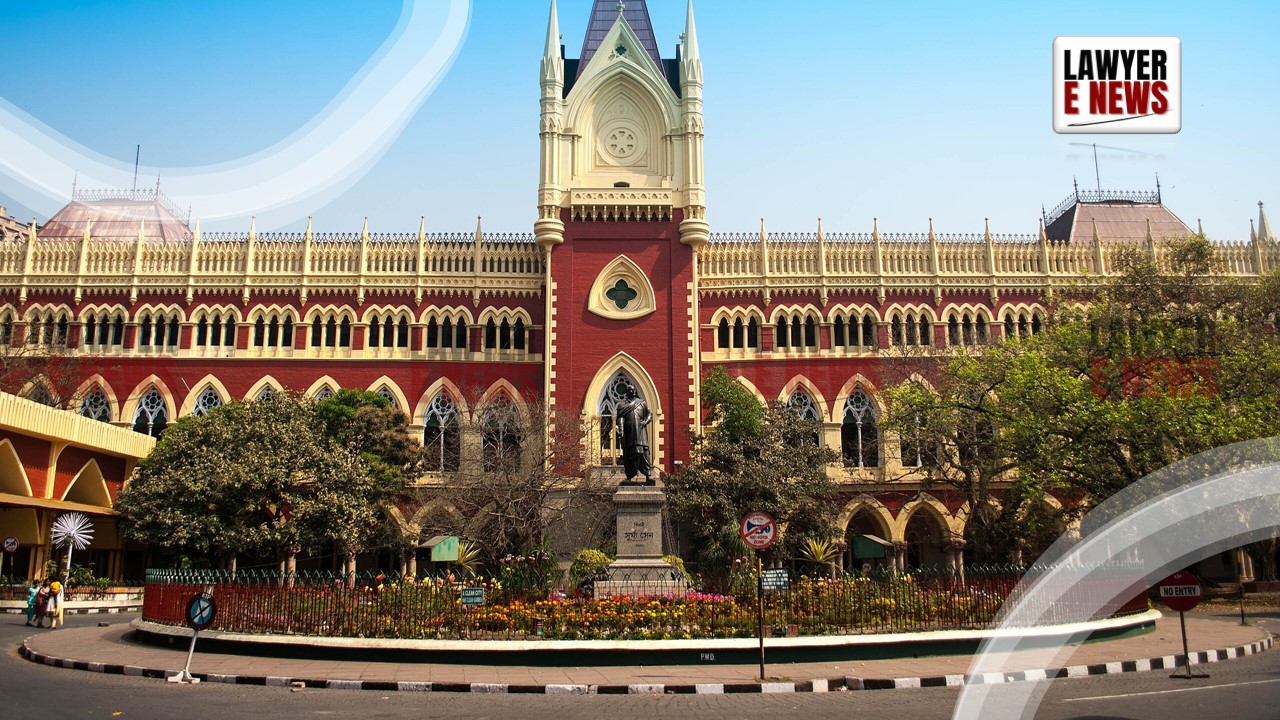-
by Admin
15 February 2026 5:35 AM



High Court greenlights property development under strict compliance with municipal regulations, securing deities’ safety and financial stability.
The Calcutta High Court, presided by Justice Krishna Rao, has approved a development agreement concerning the property at Raghunath Chatterjee Street, Kolkata, aimed at benefiting the deities “Sri Sri Durga Mata Thakurani” and “Sri Sri Raghunath Jew.” The decision emphasizes the importance of ensuring the deities’ safety and financial upliftment amidst deteriorating property conditions.
The case, CSOS 1 of 2023, involved the plaintiff, Sri Gopendra Nath Bhanja, the current Sebait (caretaker) of the deities, seeking the court’s opinion on executing a development agreement with defendant no. 13, a construction company, for the Raghunath Chatterjee Street property. The property, in a dilapidated condition, required substantial repairs and maintenance, which were financially unfeasible for the plaintiff.
The court affirmed that executing the proposed development agreement would benefit the deities. The agreement includes financial provisions and property allocation that will ensure the deities’ safety and upliftment. The court noted, “The deities’ welfare and the enhancement of their property holdings are paramount in this agreement.”
The plaintiff highlighted financial difficulties in maintaining the properties and deities, requiring approximately Rs. 1,70,000 annually for ceremonies, salaries, and taxes. Defendant no. 13 proposed a development plan that included financial benefits and allocation of the entire ground floor to the deities. The court approved this proposal, emphasizing that it addresses the financial and safety concerns effectively.
The court directed strict compliance with Kolkata Municipal Corporation (KMC) regulations for property development. The KMC report limited the permissible Floor Area Ratio (FAR) and constructed area, necessitating modifications to the development proposal. The court stated, “Adherence to municipal guidelines is essential for lawful and sustainable property development.”
Justice Krishna Rao emphasized that the development agreement aligns with the deities’ best interests, providing financial stability and improving their living conditions. The judgment underscored, “The modified development proposal ensures both the physical safety and financial security of the deities, reflecting a balanced approach to property management.”
Justice Krishna Rao remarked, “Ensuring the deities’ safety and financial upliftment through this development agreement is not only beneficial but necessary given the current state of the properties.”
The Calcutta High Court’s approval of the development agreement for the Raghunath Chatterjee Street property underscores the judiciary’s commitment to safeguarding religious trusts’ interests. This landmark decision ensures the deities’ welfare through strategic property development, setting a precedent for future cases involving religious estate management.
Date of Decision: June 27, 2024
